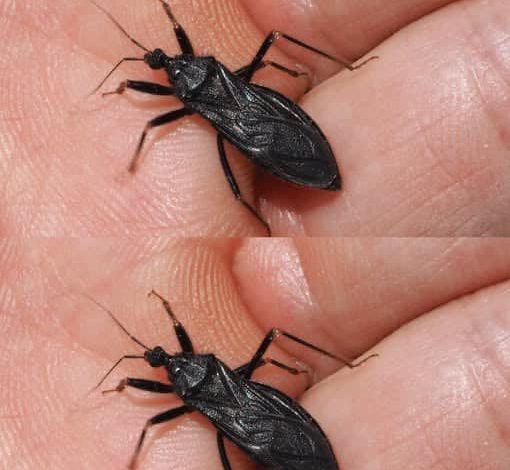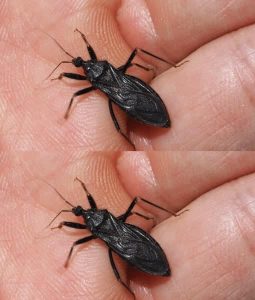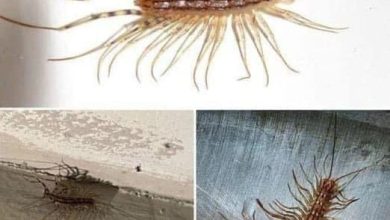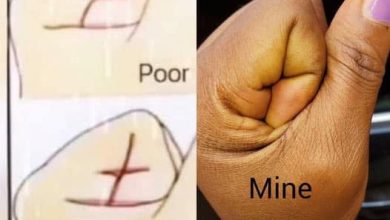“What to Do if You’re Bitten by an Assassin Bug: Important Steps for Treatment”

What to Do If Bitten by an Assassin Bug: Essential Steps for Prevention and Treatment
As the weather warms up, summertime brings not only the usual pests like ticks and mosquitoes but also an increasing presence of assassin bugs, often referred to as “kissing bugs.” While many people may not be familiar with these insects, it’s crucial to understand the potential risks associated with them, especially their ability to transmit Chagas disease. This disease is caused by the parasite Trypanosoma cruzi, which can be spread through the feces of the bug, often when it bites humans and leaves behind infectious material.
Chagas disease can present with a variety of symptoms, including headaches, fever, rashes, and fatigue. In some cases, if left untreated, it can lead to severe complications, such as heart disease or gastrointestinal issues. It is particularly important to be aware that not all cases of Chagas disease show immediate symptoms, making early detection and treatment critical for successful recovery.
Assassin bugs are most commonly found in the southern regions of the United States, but they can be present in other areas as well. These insects tend to hide in dark, undisturbed areas such as gardens, wood piles, and under porches. Their nocturnal feeding habits mean that they are more likely to bite individuals while they sleep, which is why they are often called “kissing bugs” after the location of their bites, usually around the face or mouth.
Preventing bites from assassin bugs involves keeping your living environment clean and free of debris. Seal any cracks or openings in your home, especially around windows and doors, to prevent the bugs from entering. Installing screens on windows and using insect repellents while outdoors can further help reduce your risk.
If you are bitten by an assassin bug, it’s important to seek medical attention right away. A healthcare professional can perform tests to determine if you’ve contracted Chagas disease, allowing for early intervention. Treatment typically involves medications that can help control the infection and prevent further complications. Remember, the earlier Chagas disease is detected, the easier it is to manage and treat.
Stay vigilant this summer and take steps to protect yourself and your family from these potentially dangerous insects. If you suspect a kissing bug bite, don’t wait—consult with a healthcare provider as soon as possible for peace of mind and proper care.




